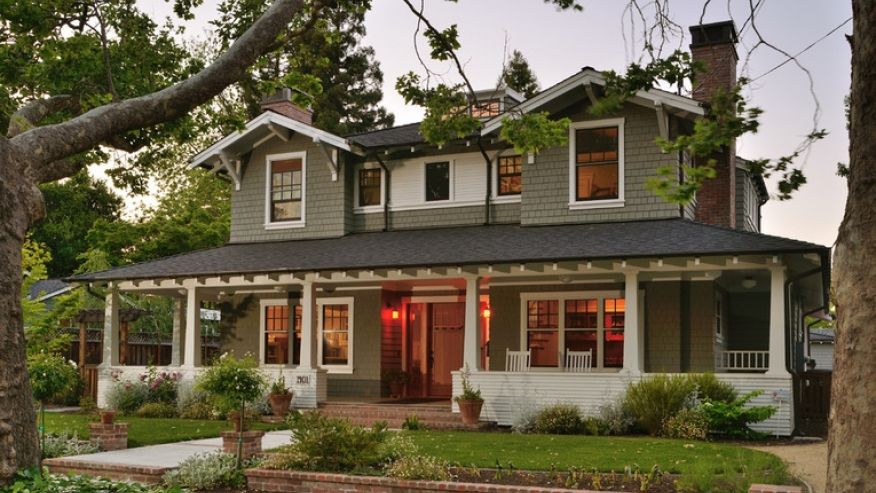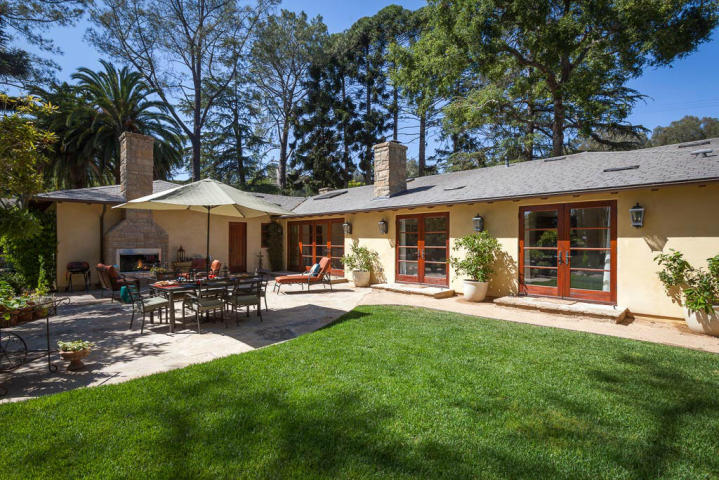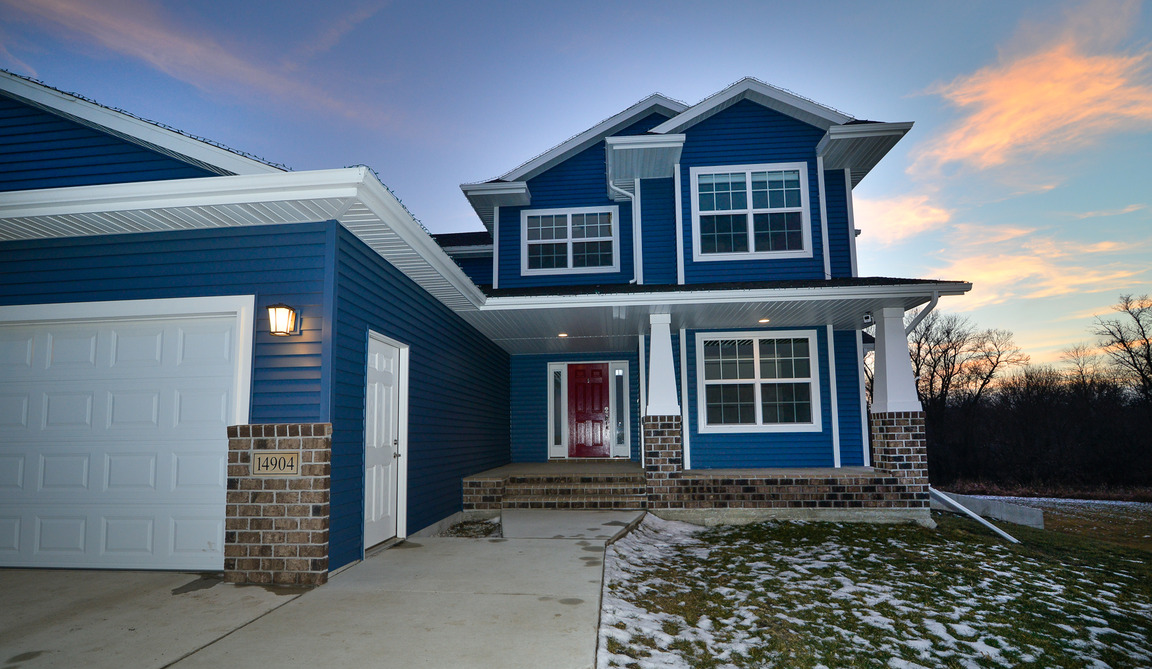Should you flip or rent a property? The answer to this question depends on who you ask because for every investor who says that flipping properties is the better choice, there’s always going to be at least 10 people recommending that you should rent the property.
What Are Your Long-Term Goals?
As an investor, the number one thing that you should do before you make any type of investment regardless if it’s a real estate or not is to think about what your long-term goals are.
Is your goal to get as much cash as you can as quickly as possible? Or do you have the desire to build long-term stable cash flow?
Your answers to these questions will help you to come up with the right answer in regards to if you should flip or rent Real Estate.
Reasons to Flip Real Estate
- Gross profits are still at record highs and don’t show any signs of slowing down anytime soon.
- There are still a huge amount of older homes out there that are affordable and excellent for flipping.
- Foreclosures are up in some areas across the United States and this means opportunity for Real Estate investors who are looking for homes to flip.
Reasons to Consider Holding onto Real Estate
-
Residual Income: When you “buy and hold”, you create monthly income versus a one-time payment. When you stop “flipping”, the income stops. When you stop acquiring homes to “buy and hold”, the income on the properties you already own continue to come in. True wealth is only found when your money is earning you money, rather than your labor earning you money.
-
Tax Benefits: House “flippers” pay a much higher tax rate than long-term investors. Additionally, “flippers” can become classified by the IRS as “dealers” of real estate, thus subjecting their income to regular tax rates and self-employment tax (Social Security, Medicare, etc.). Long-term investors pay only long-term capital gains tax (or often not using a 1031 Tax Exchange) and income tax on the monthly cash flow (which is generally largely or completely written-off with deductions.)
-
Agendas: A house flipper is subject to numerous outside agendas that affect if and how success is found. Hard-money-lenders, private investors, future buyers, partners, and others all have an agenda and their best interest at heart. When you buy-and-hold, the main agenda is your own.
-
Whims of the Market: When flipping a home, you are hoping that you can sell the home quickly, which is largely based on how the market is functioning in your town. Are there far too many homes being sold, causing yours to sit for months or years? When you hold a property long term you are not dependent on the whims of the market. You are able to sell only when it is advantageous to sell.
-
Risk: When you flip a home, you have monthly carrying costs such as the loan payment, taxes, insurance that will add up each and every month until the home is sold. Additionally, there is the chance that there will be unforeseen costs that arise when repairs are being performed. Both these items can blow the budget and eliminate any chance of making a profit. When you buy a home for the long-term (and manage effectively), you can balance out your risks over a long period of time, lowering the chance of losing money and maximizing your probability of building serious wealth.
Tips For First Time Owners
Undercapitalization
It’s extremely common for enthusiastic new property investors to overextend themselves to acquire property. However, this leaves them without adequate cash reserves to tackle emergency maintenance or survive vacancies. Many landlord mistakes, such as a failure to invest in preemptive repairs, sufficient insurance, or marketing efforts, stem from this basic problem.
Being a Soft Touch
“I let the marginally qualified tenant in because they seemed so sincere and needed someone to give them a chance.” My advice is to get the best tenant you can for the area (even if you have to drop the rent a bit to do it). Run their credit, call their references, and don’t be afraid to say ‘no.’
Missing Move-In Season
Statistically speaking, apartments that are vacant in October could be vacant for months. In most areas, the best time to lease is the summer. People don’t move much during the holidays; so, once September comes, it might make more financial sense to cut your rates than to risk a vacancy. If you have a current tenant, don’t let your lease go month-to-month in the fall.
Being Too Lenient
You can generally cut some slack to a tenant who’s already proven him- or herself. However, many landlords report that when their expectations are too lenient early in the lease, tenants come to expect that kind of flexibility in the future.
Going Without a Lease
No veteran landlord will advise you to rent a property on a handshake. Get a professional lease agreement. Have an attorney look it over and identify potential trouble spots, or hire one to write it for you.
Failing to Treat Your Rentals as a Business
This problematic mindset can take many forms. The most dangerous is probably the failure to use entities to protect yourself from potential liability. You’re taking a big risk when you own the property directly, in your own name, instead of via a corporation or limited liability company (LLC). Other dangerous landlord mistakes include commingling personal and real estate operating funds, poor bookkeeping, renting to friends and family, and failing to invest in expert legal and accounting advice when needed.
Get Property Management Here
Need professional property management? Contact us today by calling (503) 515-3170 or click here to connect with us online.





